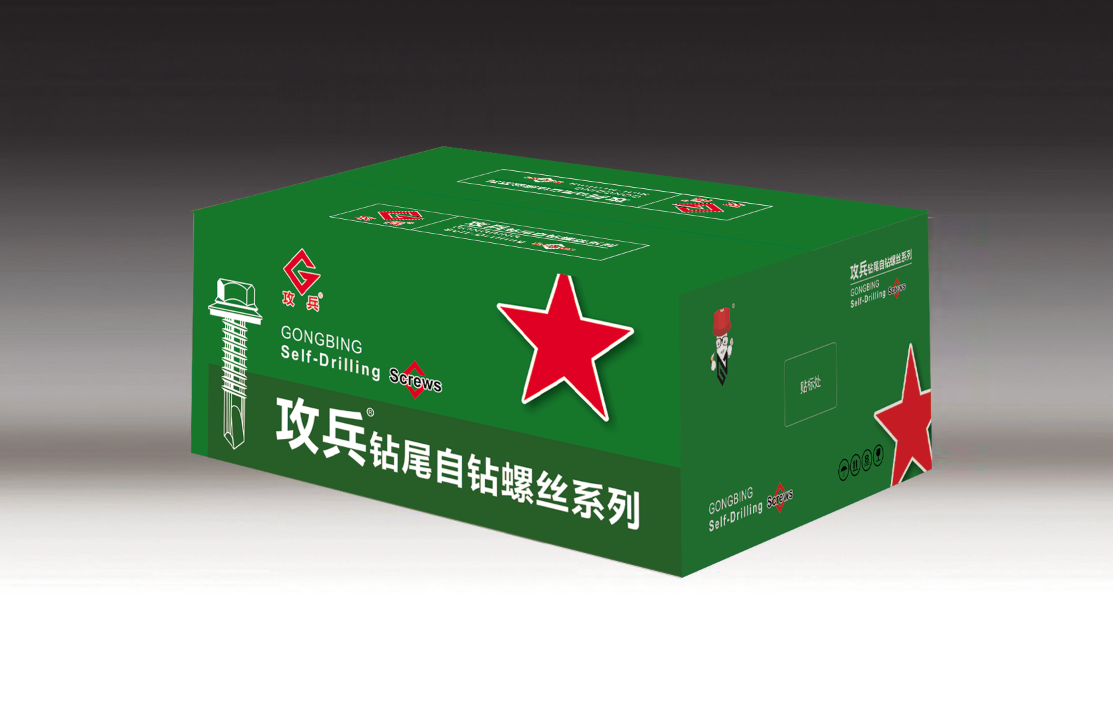Self-Tapping Screws for Metal Applications and Their Benefits
Self-Threading Screws for Metal A Comprehensive Overview
In the realm of fasteners, self-threading screws, especially those designed for metal applications, hold a crucial position due to their unique design and functional advantages. These screws are engineered to create their own threaded hole in metal surfaces, eliminating the need for pre-drilled holes and allowing for a more efficient installation process. This article delves into the characteristics, benefits, and applications of self-threading screws for metal, highlighting why they are indispensable in various industries.
Characteristics of Self-Threading Screws
Self-threading screws come with a sharp, pointed tip that facilitates the screwing process into metal without the need for additional tools. Their design typically includes cutting threads on the shaft, which are optimized to slice through metal materials as the screw is driven in. This cutting action creates a tight bond between the screw and the metal, ensuring a secure fit that can withstand various stresses.
These screws are available in a wide range of sizes, materials, and finishes, making them suitable for different applications. Common materials include stainless steel, carbon steel, and other alloys that provide strength and corrosion resistance. Surface finishes vary from plain to zinc-plated or coated variants, enhancing their durability in various environmental conditions.
Benefits of Using Self-Threading Screws
1. Ease of Use One of the most significant advantages of self-threading screws is their ease of installation. As they create their own threads, there's no need for pre-tapping or drilling, saving time and labor costs. This feature is particularly beneficial in high-volume production settings where efficiency is critical.
2. Stronger Joint Formation The self-tapping action creates a precision-fit thread, which often leads to a stronger bond compared to traditional screws that rely on pre-drilled holes. This enhanced connection is pivotal in applications where high tension and vibration are expected.
3. Versatility Self-threading screws can be used with various metal types, including aluminum, brass, and steel. Their ability to securely fasten different materials makes them highly versatile for numerous applications, from automotive to construction.
self threading screws for metal

4. Cost-Effectiveness By reducing the need for additional drilling equipment and minimizing the steps required during assembly, self-threading screws present a cost-efficient solution for manufacturers. The overall reduction in labor time and material waste further enhances their appeal.
5. Improved Resistance to Backing Out The design of self-threading screws often incorporates features that help prevent loosening under vibration or shear forces. This makes them especially useful in automotive and industrial applications, where component reliability is paramount.
Applications of Self-Threading Screws in Metal
Self-threading screws are prevalent across a wide spectrum of industries. In the automotive sector, they are extensively used for assembling various components, including body panels, engine parts, and chassis. Their ability to create strong, reliable joints under extreme conditions is critical in this field.
In construction, these screws are invaluable in securing metal framing and structural components, contributing to the overall stability of buildings and infrastructure. Moreover, they are used in HVAC systems, where metals and other materials are joined to ensure efficient airflow and environmental control.
Manufacturers of electronic devices also utilize self-threading screws for assembling casings and internal components. The lightweight yet robust characteristics of these screws are essential for creating devices that are both functional and portable.
Conclusion
Self-threading screws for metal represent a significant advancement in fastener technology, providing numerous benefits that establish them as a preferred choice across various industries. Their efficiency, strength, and adaptability make them indispensable in modern manufacturing and construction practices. As industries continue to evolve and demand more from their components, self-threading screws will undoubtedly play a pivotal role in meeting those needs, driving innovation and enhancing product performance across the board.
-
Weatherproof Plastic Expansion Anchors for OutdoorNewsJun.06,2025
-
Sustainability in the Supply Chain: Eco-Friendly TEK Screws ProductionNewsJun.06,2025
-
Load-Bearing Capacity of External Insulation FixingsNewsJun.06,2025
-
Double Head Bolts: Enhancing Efficiency in Industrial MachineryNewsJun.06,2025
-
Corrosion Resistance in Chipboard Screws: Coatings for Wholesale DurabilityNewsJun.06,2025
-
Butterfly Toggle Bolts : Enhancing Structural ResilienceNewsJun.06,2025
